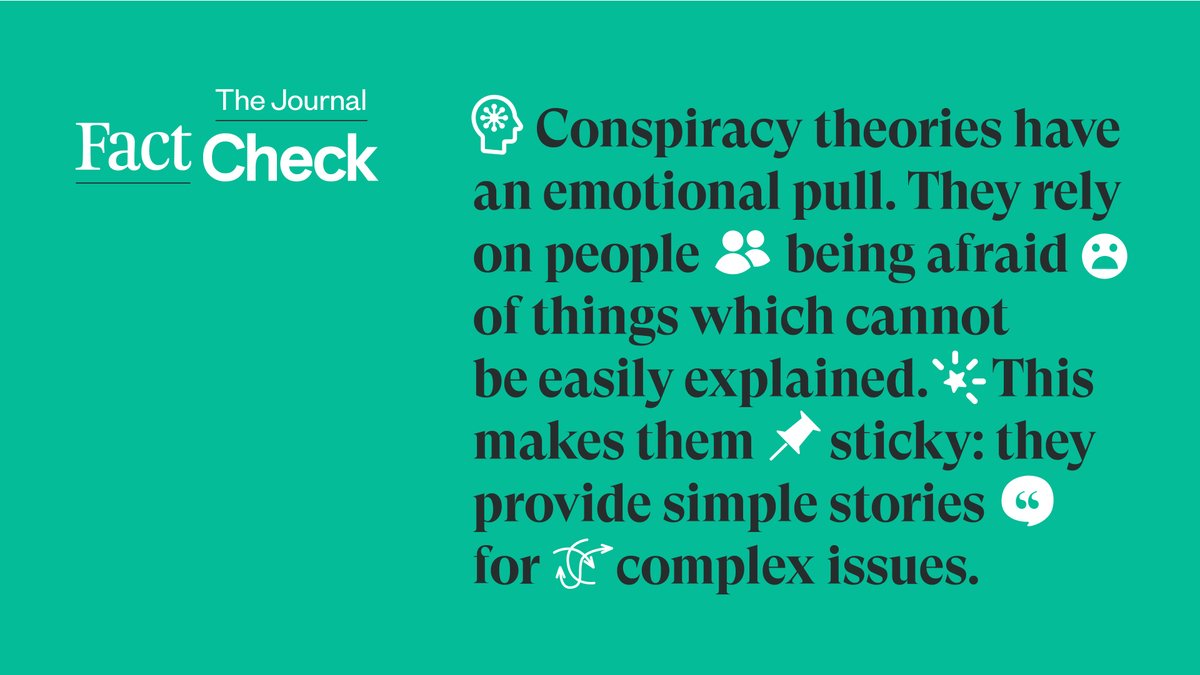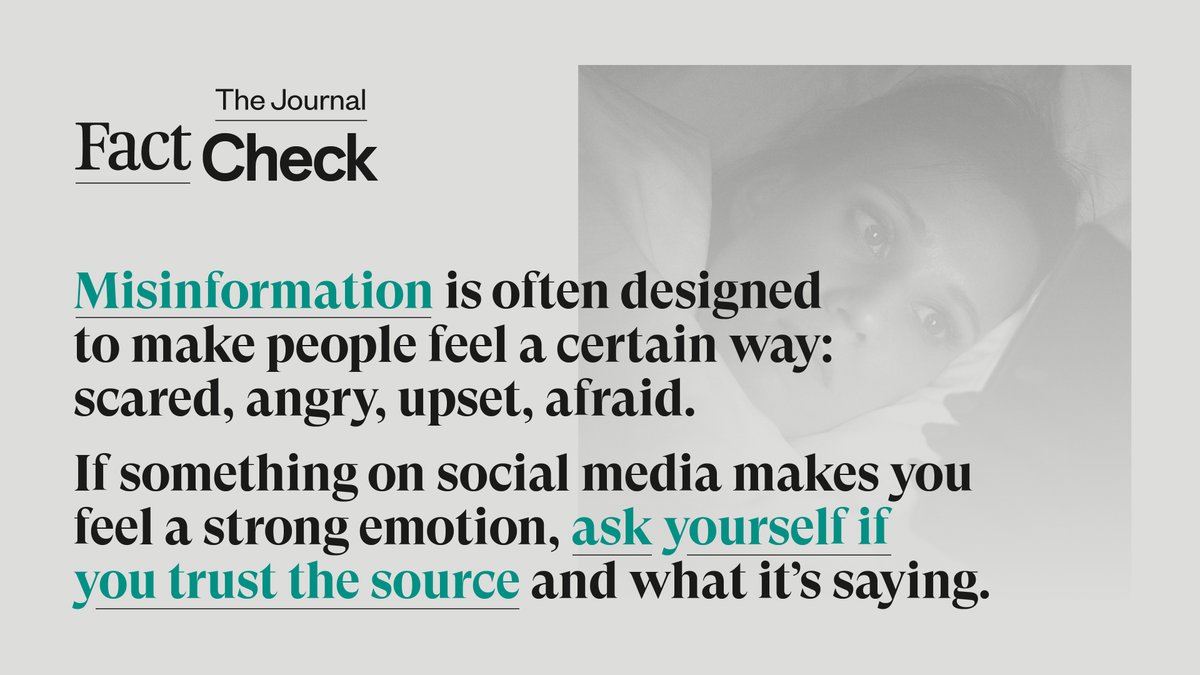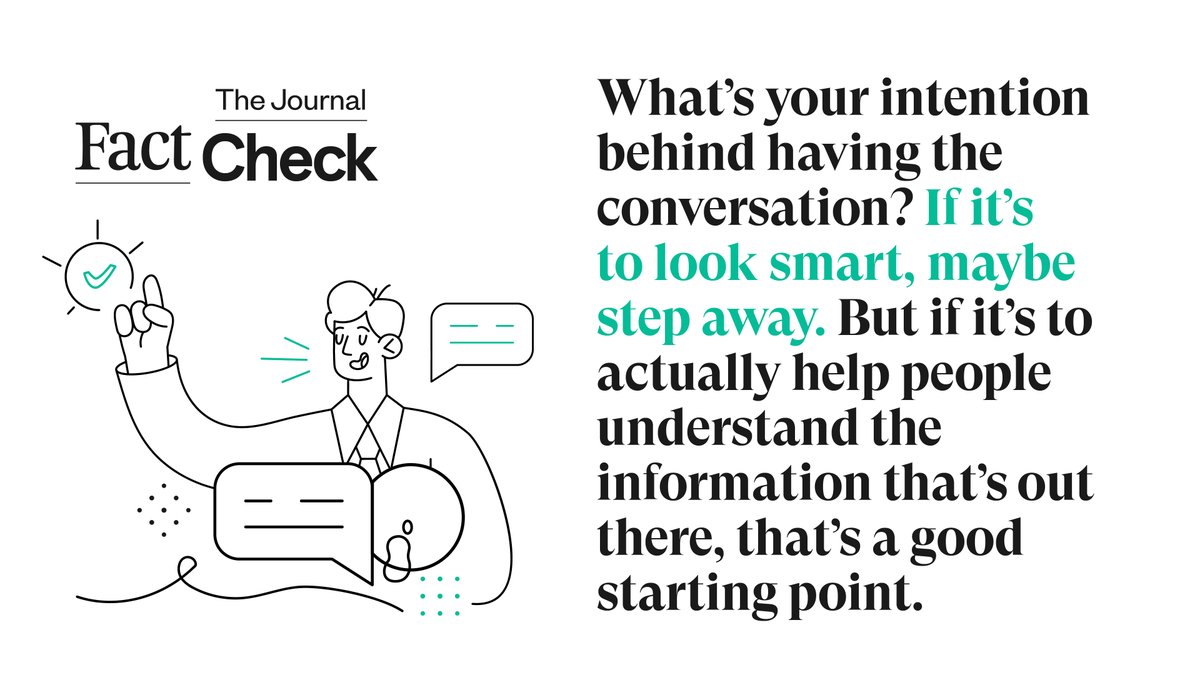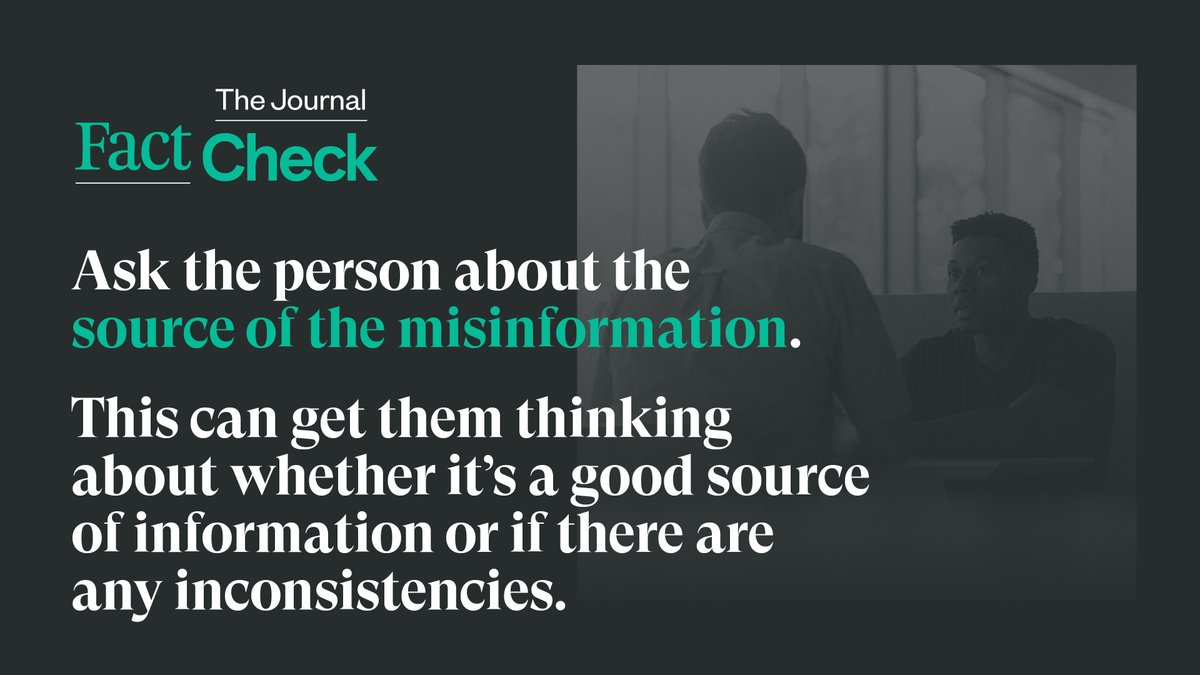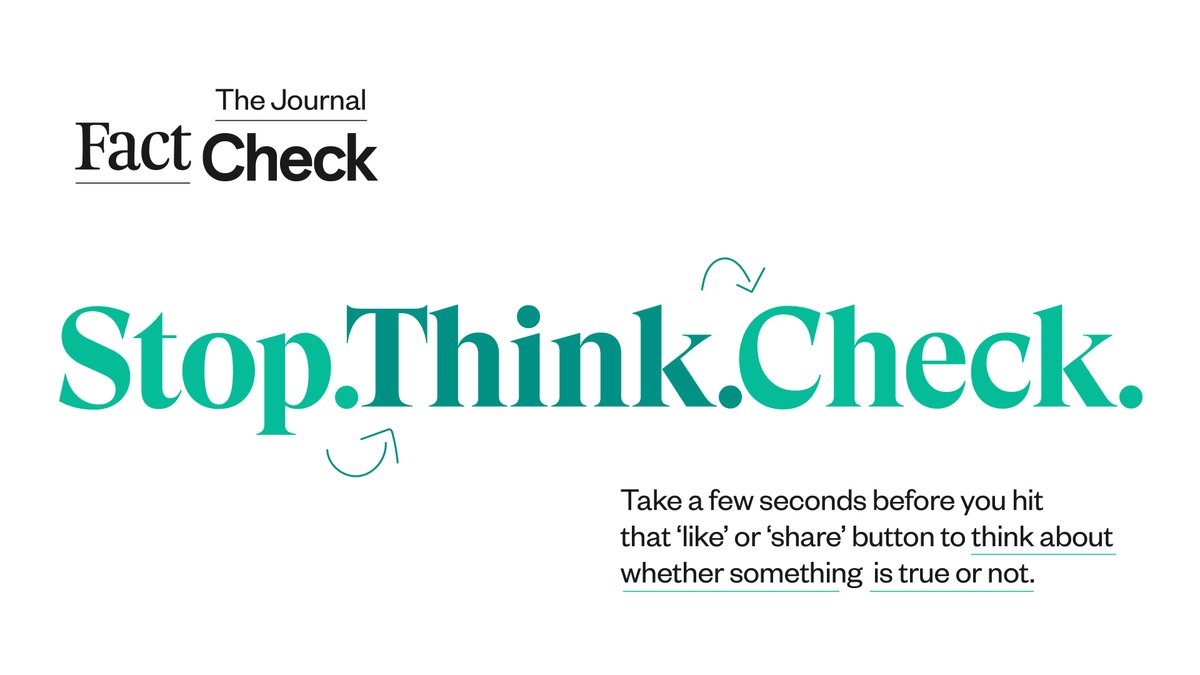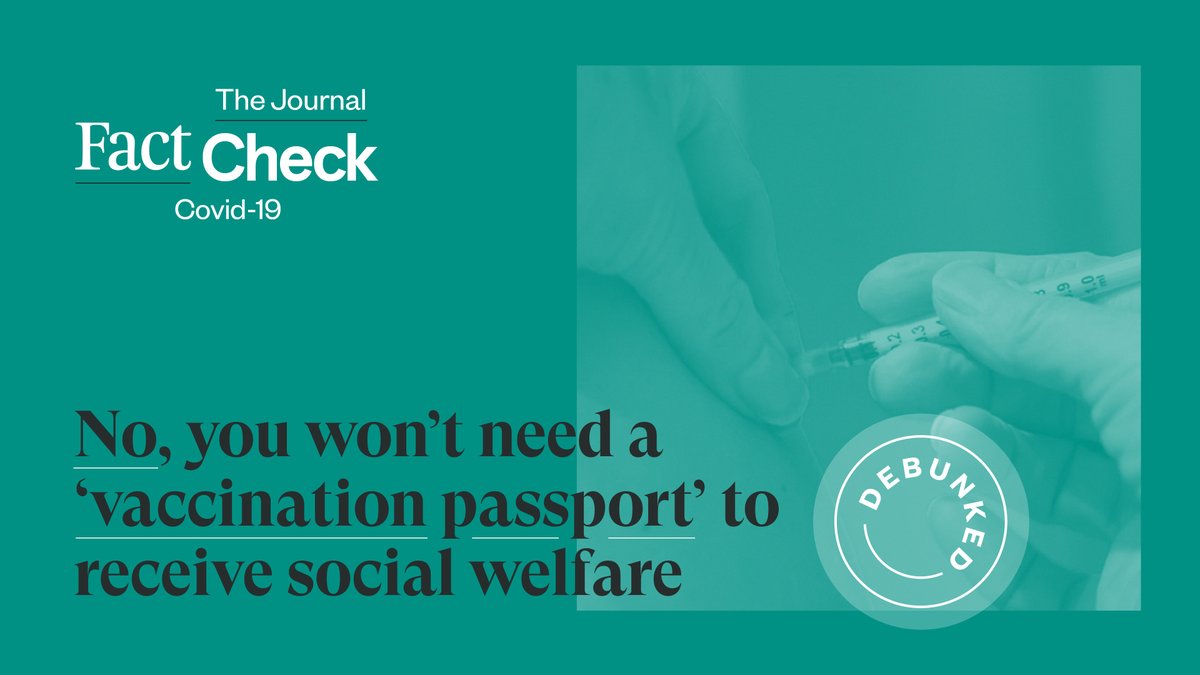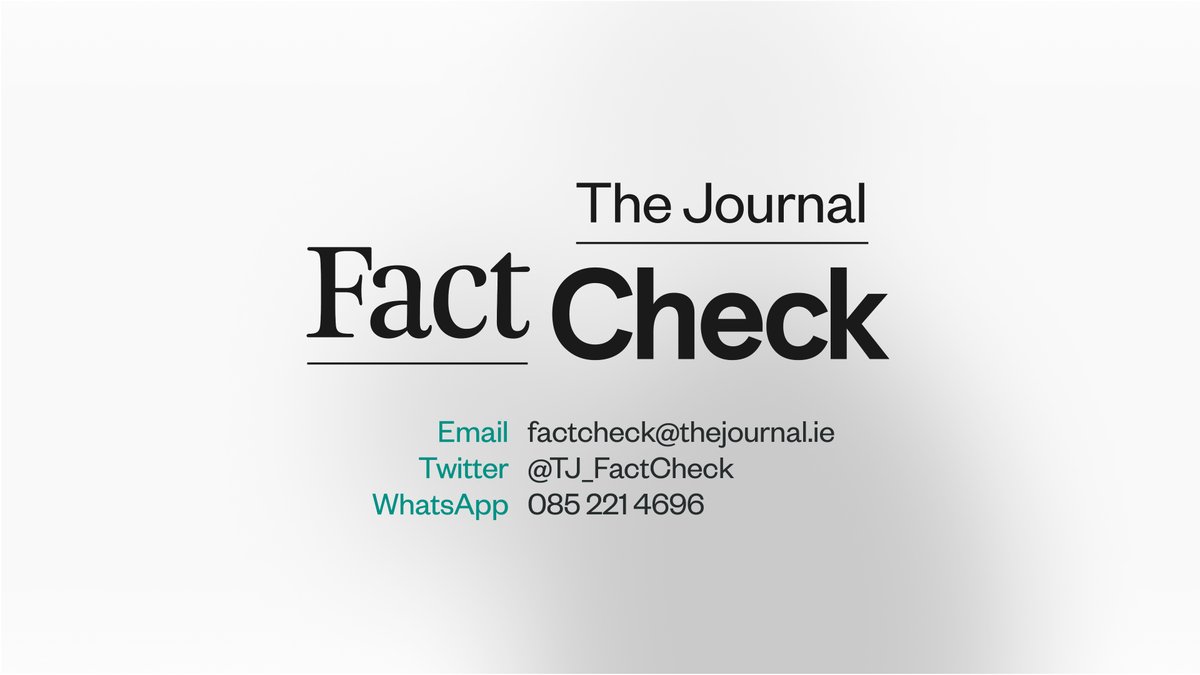1/ There is a huge amount of misinformation being shared in Ireland right now about vaccines and Covid.
Here are some tips about how to talk to a friend or family member who you see sharing it on social media over Christmas http://www.thejournal.ie/vaccine-misinformation-ireland-anti-vaxxers-5301468-Dec2020/
http://www.thejournal.ie/vaccine-misinformation-ireland-anti-vaxxers-5301468-Dec2020/
Here are some tips about how to talk to a friend or family member who you see sharing it on social media over Christmas
 http://www.thejournal.ie/vaccine-misinformation-ireland-anti-vaxxers-5301468-Dec2020/
http://www.thejournal.ie/vaccine-misinformation-ireland-anti-vaxxers-5301468-Dec2020/
2/ First of all, it’s important to understand why people believe misinformation and how it gains traction. A belief in conspiracy theories or bad information can be a very normal response to difficult issues - and 2020 has been filled with difficult issues.
3/ Just because someone shares conspiracy theories doesn’t mean that they should be dismissed or thought of as not being smart. Misinformation is often designed specifically to make people react and share.
4/ How to talk to someone about a conspiracy theory is key. It may feed into their worldview, so dismissing the claim or shaming them can simply re-affirm their position. Show some empathy towards them.
5/ Instead of dismissing someone, ask questions. Is this information being shared anywhere else? Can you Google it? Is the headline accurate? Are there authoritative sources quoted?
6/ Don’t expect an immediate change. People don’t change their views overnight, so your friends and family may not either. It’s a process.
7/ Ireland had low levels of misinformation before this, but that has changed with the pandemic. There's a role for everyone in helping to combat this misinformation - we published our 150th factcheck of the year last week, which we could not have imagined back in January.
8/ Thanks for all the ongoing support for our factchecking project. If you’ve found our factchecks useful, and want to support us to continue to do them in 2021, you can contribute here: https://www.thejournal.ie/contribute/

 Read on Twitter
Read on Twitter